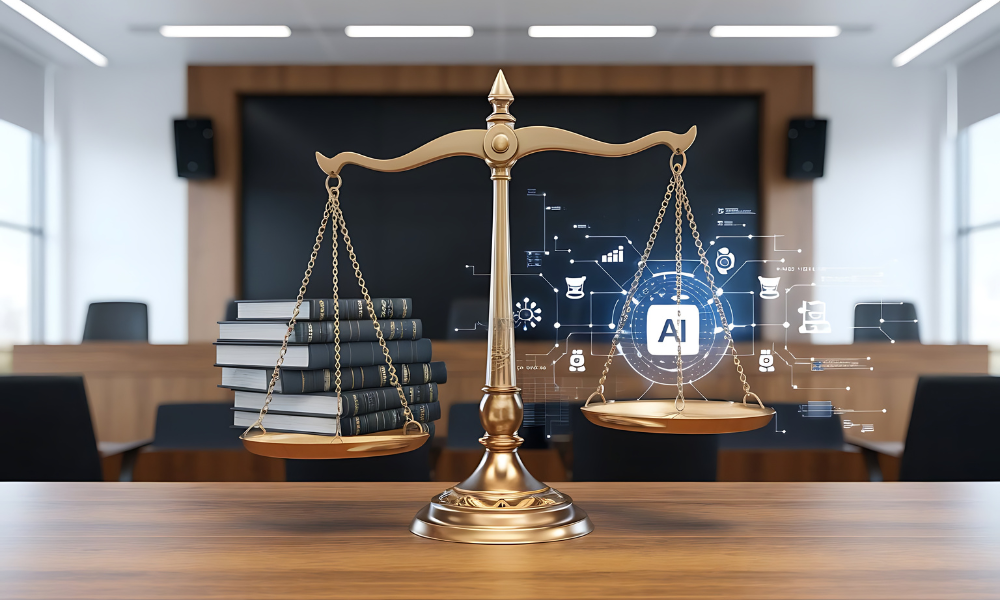
The court set guidelines for AI tool use in a new policy

The Illinois Supreme Court has permitted attorneys and judges to conditionally use artificial intelligence tools for work, reported Reuters.
The court set out the guidelines for AI use in a new policy that will be implemented on January 1. It said that the utilization of this technology “may be expected, should not be discouraged, and is authorized provided it complies with legal and ethical standards.”
Under the policy unveiled on December 18, lawyers are not mandated to disclose their use of AI in filings. However, judges and lawyers who use AI will be held responsible for reviewing any AI-generated content.
Attorneys will be sanctioned if they submit “legally or factually unfounded pleadings.” Moreover, the policy requires AI tools to shield sensitive information.
The court warned in a statement published by Reuters that it would “be vigilant against AI technologies that jeopardize due process, equal protection, or access to justice.” It acknowledged that while AI use could boost efficiency and access to justice, there were questions of authenticity, accuracy, bias and the integrity of filings and decisions.
“This policy recognizes that while AI use continues to grow, our current rules are sufficient to govern its use,” chief justice Mary Jane Theis said. “However, there will be challenges as these systems evolve and the court will regularly reassess those rules and this policy.”
In October, the Delaware Supreme Court unveiled its AI use policy for judges and court officials. The 9th U.S. Circuit Court of Appeals in San Francisco and the 3rd U.S. Circuit Court of Appeals in Philadelphia also established committees to investigate AI use in the legal profession in January this year.
In November 2023, the 5th U.S. Circuit Court of Appeals in New Orleans was the first federal appeals court to pitch rules to regulate AI use by lawyers. In the proposal, lawyers had to certify that they either did not use AI programs to draft briefs; if they did, they had to certify that any AI-generated content in court filings had been reviewed for accuracy by humans.